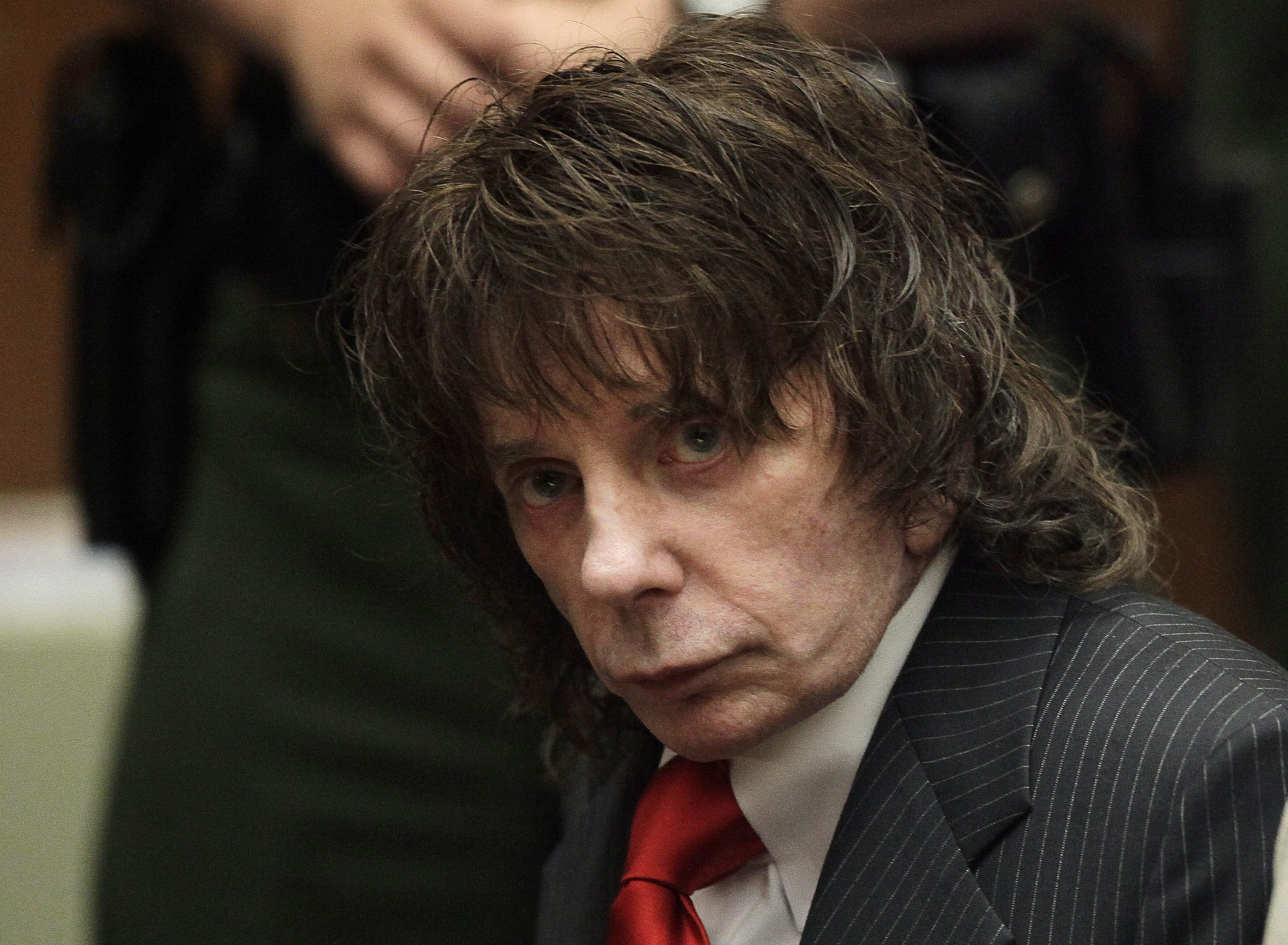Celebrity Death Causes

The deaths of celebrities often attract widespread attention and speculation, particularly when they occur prematurely or unexpectedly. While the causes of celebrity deaths vary, there are certain factors that may contribute to the increased risk of certain causes of death among this population.
According to a study published in the journal JAMA Internal Medicine, the leading causes of death among celebrities are accidents, illnesses, and substance abuse.
Celebrity deaths, a somber reminder of the fleeting nature of life, have captivated the world. From beloved icons to rising stars, these tragedies leave an indelible mark on our collective consciousness. As we mourn the loss of those who have left their mark on the world, we find solace in the memories they have left behind.
The stories of their lives and legacies continue to inspire us, connecting us to the shared human experience. Celebrity deaths remind us that even in the face of loss, the flame of creativity and the impact of their contributions endure.
Accidents
Accidents are a leading cause of death among celebrities, particularly those who engage in high-risk activities such as racing, flying, or performing stunts. For example, actor Paul Walker died in a car accident in 2013, and actress Marilyn Monroe died of a drug overdose in 1962.
The news of celebrity deaths always reverberates through our collective consciousness, reminding us of the fragility of life. The recent speculation surrounding Richard Simmons’ death is a poignant example, highlighting the impact that the loss of a public figure can have on our cultural landscape.
Yet, even as we mourn these departures, we find solace in the memories and legacies they leave behind, shaping our understanding of the human experience and the ephemeral nature of fame.
Illnesses
Illnesses are another major cause of death among celebrities. Some celebrities die from chronic illnesses such as cancer or heart disease, while others die from acute illnesses such as pneumonia or sepsis. For example, actor Patrick Swayze died of pancreatic cancer in 2009, and singer Amy Winehouse died of alcohol poisoning in 2011.
Substance Abuse, Celebrity deaths
Substance abuse is a significant problem among celebrities, and it can lead to death from overdose, liver failure, or other complications. For example, actor Philip Seymour Hoffman died of a drug overdose in 2014, and singer Whitney Houston died of drowning in a bathtub while under the influence of drugs in 2012.
Impact of Celebrity Deaths on Society

Celebrity deaths often evoke strong emotions and social reactions from the public. These events can have a significant impact on society, shaping collective grief, triggering discussions about mortality, and influencing cultural norms.
The emotional impact of celebrity deaths is undeniable. Fans may experience a profound sense of loss and mourning, as if they have lost a close friend or family member. This is particularly true for celebrities who have been a constant presence in the lives of the public, through their work in film, music, or television.
Role of Social Media and News Media
Social media and the news media play a crucial role in shaping public reactions to celebrity deaths. Social media platforms provide a space for fans to express their grief, share memories, and connect with others who are mourning. News media outlets cover celebrity deaths extensively, often providing in-depth analysis and commentary on the life and legacy of the deceased.
This media attention can amplify the emotional impact of celebrity deaths, creating a sense of collective loss and solidarity. However, it can also lead to sensationalism and speculation, which can further fuel public grief and curiosity.
Psychological Effects on Fans and General Population
Celebrity deaths can also have psychological effects on fans and the general population. For some, the death of a beloved celebrity can trigger feelings of anxiety, depression, or even post-traumatic stress disorder. This is especially true for fans who have a strong emotional attachment to the celebrity or who identify with their work.
For the general population, celebrity deaths can serve as a reminder of their own mortality and the fragility of life. This can lead to feelings of sadness, introspection, and a reevaluation of life priorities.
Ethical Considerations in Reporting Celebrity Deaths

The passing of a celebrity is often met with a mix of grief, curiosity, and speculation. While the public’s interest in these events is understandable, it is crucial for the media to report on celebrity deaths with sensitivity and respect for the deceased and their loved ones.
Ethical guidelines for reporting on celebrity deaths include:
- Respecting the privacy of the deceased and their family during this difficult time.
- Avoiding sensationalism and exploitation in coverage of the death.
- Reporting the facts accurately and without speculation or conjecture.
- Considering the potential impact of the reporting on the deceased’s family, friends, and fans.
Potential for Sensationalism and Exploitation
The media’s coverage of celebrity deaths can sometimes cross the line into sensationalism and exploitation. This can include:
- Publishing graphic or disturbing images or videos of the deceased.
- Speculating about the cause of death or the circumstances surrounding it.
- Exploiting the death for commercial gain, such as selling exclusive interviews or memorabilia.
Such practices not only disrespect the deceased but also cause further pain and distress to their loved ones.
Role in Raising Awareness
Celebrity deaths can also play a positive role in raising awareness about important social issues. For example, the death of actor Robin Williams brought attention to the issue of mental health and suicide prevention.
When reporting on celebrity deaths, the media has a responsibility to balance the public’s right to know with the ethical considerations Artikeld above. By doing so, they can help ensure that the memory of the deceased is respected and that their death serves as a catalyst for positive change.